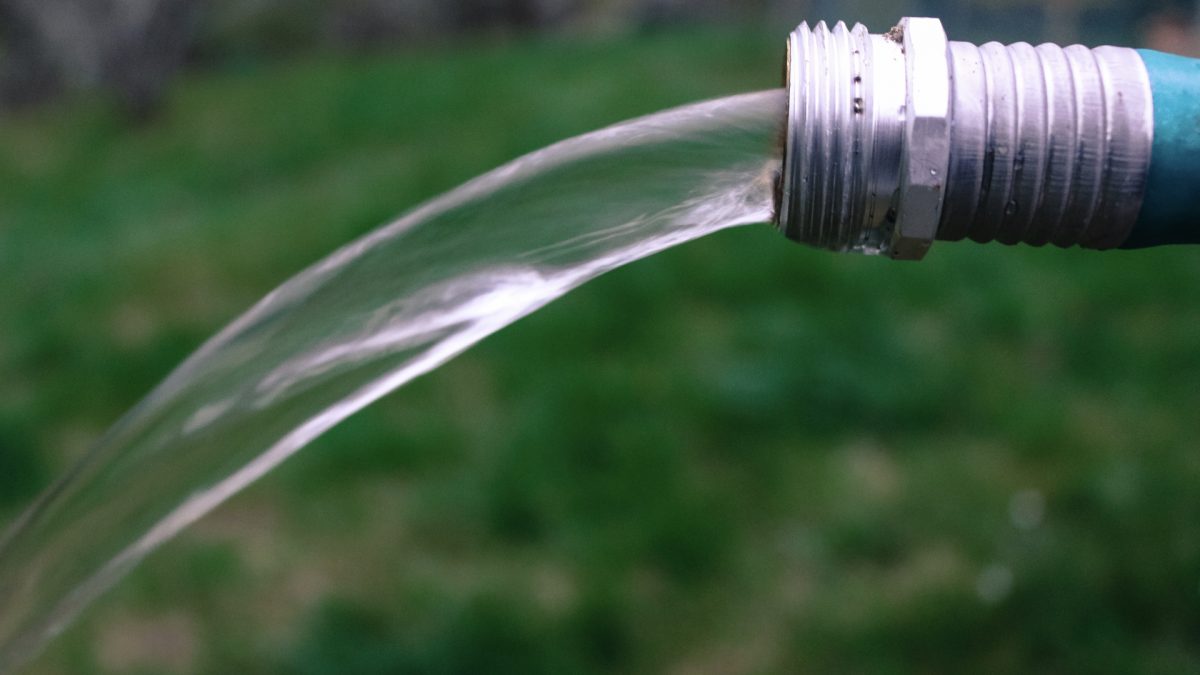More than 2000 years ago Hippocrates (460–377 BCE) said, “If we could give every individual the right amount of nourishment and exercise, not too little and not too much, we would have found the safest way to health.” What does that mean when it comes to water? Water has been described as a neglected, unappreciated, and under-researched subject, and further complicating the issue, a lot of the papers extolling the need for proper hydration are funded by the bottled water industry.
It turns out the often quoted “drink at least eight glasses of water a day” dictum has little underpinning scientific evidence . Where did that idea come from? The recommendation was traced to a 1921 paper, in which the author measured his own pee and sweat and determined we lose about 3% of our body weight in water a day, or about 8 cups (see How Many Glasses of Water Should We Drink in a Day?). Consequently, for the longest time, water requirement guidelines for humanity were based on just one person.
There is evidence that not drinking enough may be associated with falls and fractures, heat stroke, heart disease, lung disorders, kidney disease, kidney stones, bladder and colon cancer, urinary tract infections, constipation, dry mouth, cavities, decreased immune function and cataract formation. The problem with many of these studies is that low water intake is associated with several unhealthy behaviors, such as low fruit and vegetable intake, more fast-food, less shopping at farmers markets. And who drinks lots of water? People who exercise a lot. No wonder they tend to have lower disease rates!
Only large and expensive randomized trials could settle these questions definitively. Given that water cannot be patented, such trials seem unlikely; who’s going to pay for them? We’re left with studies that find an association between disease and low water intake. But are people sick because they drink less, or are they drinking less because they’re sick? There have been a few large prospective studies in which fluid intake is measured before disease develops. For example, a Harvard study of 48,000 men found that the risk of bladder cancer decreased by 7% for every extra daily cup of fluid we drink. Therefore, a high intake of water—like 8 cups a day—may reduce the risk of bladder cancer by about 50%, potentially saving thousands of lives.
The accompanying editorial commented that strategies to prevent the most prevalent cancers in the West are remarkably straightforward in principle. To prevent lung cancer, quit smoking; to prevent breast cancer, maintain your ideal body weight and exercise; and to prevent skin cancer, stay out of the sun. Now comes this seemingly simple way to reduce the risk of bladder cancer: drink more fluids.
Probably the best evidence we have for a cut off of water intake comes from the Adventist Health Study, in which 20,000 men and women were studied. About one-half were vegetarian, so they were also getting extra water by eating more fruits and vegetables. Those drinking 5 or more glasses of water a day had about half the risk of dying from heart disease compared to those who drank 2 or fewer glasses a day. Like the Harvard study, this protection was found after controlling for other factors such as diet and exercise. These data suggest that it was the water itself that was decreasing risk, perhaps by lowering blood viscosity (blood thickness).
Based on all the best evidence to date, authorities from Europe, the U.S. Institute of Medicine, and the World Health Organization recommend between 2.0 and 2.7 liters (8 to 11 cups) of water a day for women, and 2.5 to 3.7 liters (10 to 15 cups) a day for men. This includes water from all sources, not just beverages. We get about a liter from food and the water our body makes. So this translates into a recommendation for women to drink 4 to 7 cups of water a day and men 6 to 11 cups, assuming only moderate physical activity at moderate ambient temperatures.
We can also get water from all the other drinks we consume, including caffeinated drinks, with the exception of stronger alcoholic drinks like wines and spirits. Beer can leave you with more water than you started with, but wine actively dehydrates you. However, in the cancer and heart disease studies I mentioned above, the benefits were only found with increased water consumption, not other beverages.
I’ve previously touched on the cognitive benefits of proper hydration here: Does a Drink Of Water Make Children Smarter?
Surprised tea is hydrating? See my video Is Caffeinated Tea Dehydrating?
Surprised that the 8-a-day rested on such flimsy evidence? Unfortunately, so much of what we do in medicine has shaky underpinnings. That’s the impetus behind the idea of evidence-based medicine (what a concept!). Ironically, this new movement may itself undermine some of the most effective treatments. See Evidence-Based Medicine or Evidence-Biased?
How else can we reduce our risk of bladder cancer? See Raw Broccoli and Bladder Cancer Survival.
What kind of water? I recommend tap water, which tends to be preferable from a chemical and microbial contamination standpoint. What about buying one of those fancy alkalizing machines? See Alkaline Water: a Scam?
It’s so nice to have data on such a fundamental question. We have much to thank the Adventists for. You will see their studies cropping up frequently. See, for example, Plant-Based Diets and Diabetes, The Okinawa Diet: Living to 100, and Evidence-Based Eating.
In health,
Michael Greger, M.D.
PS: If you haven’t yet, you can subscribe to my free videos here and watch my live, year-in-review presentations:
- 2012: Uprooting the Leading Causes of Death
- 2013: More Than an Apple a Day
- 2014: From Table to Able: Combating Disabling Diseases with Food
- 2015: Food as Medicine: Preventing and Treating the Most Dreaded Diseases with Diet
- 2016: How Not To Die: The Role of Diet in Preventing, Arresting, and Reversing Our Top 15 Killers
